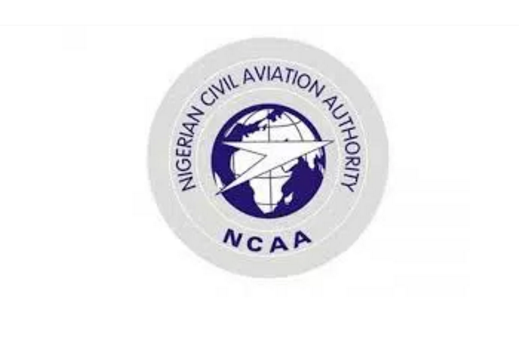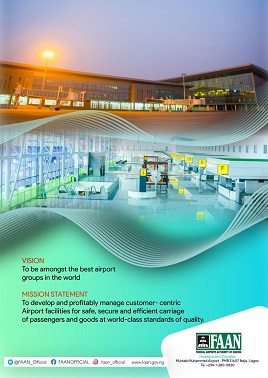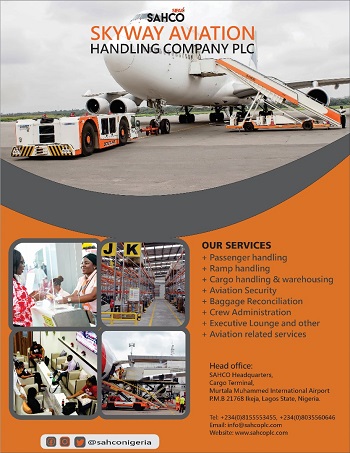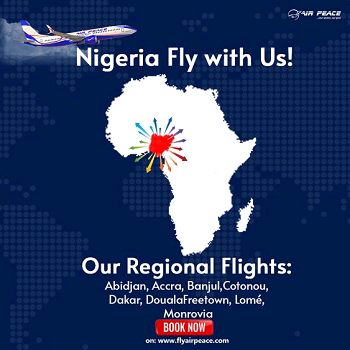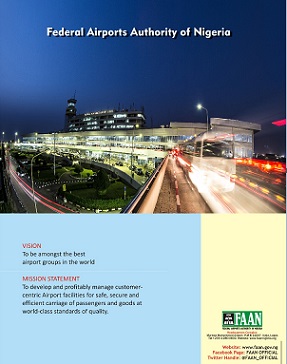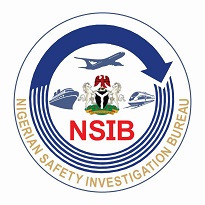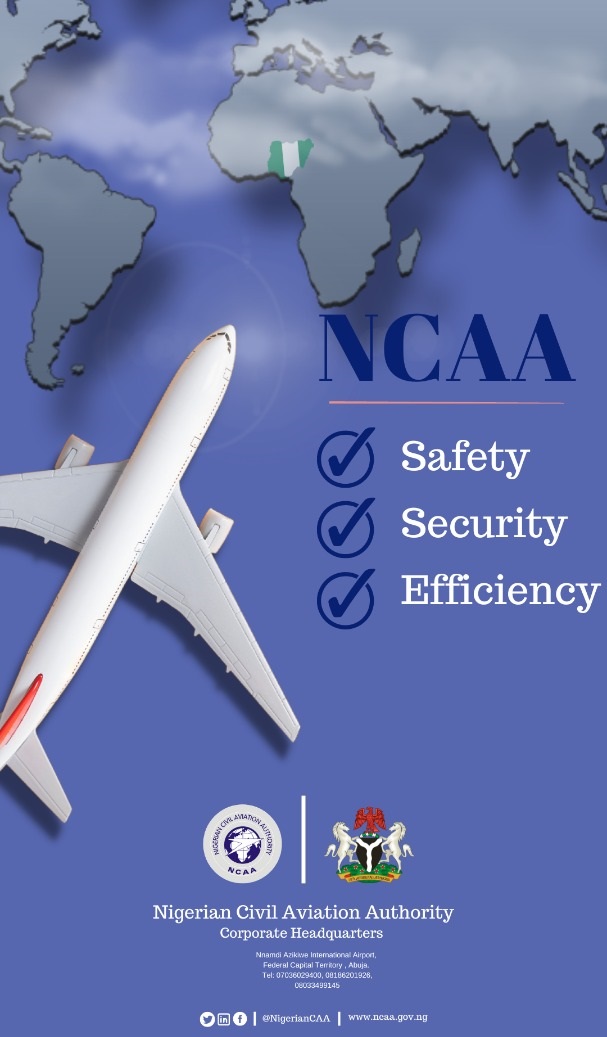He added that NCAA hoped to consolidate and surpass these current achievements in 2019, stressing that the aim of the regulatory agency was to ensure reduction in the number of incidents in the industry in the new year.
He expressed optimism that Nigeria would once again scale the hurdle of the administration, stressing that the duty of Transportation Safety Administration (TSA) was to assess any country that its airline operates into or has direct air link with United States.
At moment, only Delta Air Lines operates direct flight operations between Nigeria and US, while no Nigerian carrier operates into the American country.
He maintained that the exercise would also help the country to close all opened items in the system and further improve safety in the industry.
“They (TSA) normally go out and assess all foreign airports that have direct air link to United States. So, it is a normal process. This is not the first time; we do it once or twice a year. It also helps us to check our own level of preparedness on security and also ensures we meet international standards.
“Almost all the time when they come, they are always satisfied and we believe that even this time around, they will be satisfied. We will be opened to observations from them and where we need to improve, we will certainly implement their safety recommendations. As you know, aviation securities are dynamic; we also have to be proactive to make sure we meet current and the future challenges,” he said.
He also expressed confidence that Nigeria would scale the forthcoming International Civil Aviation Organisation (ICAO) audit, which would take place this year.
On withholding the identities of airlines sanctioned recently by the regulatory agency, Usman said that the objective of the agency was not to bring the operations of any operator, but to ensure compliance with the civil aviation regulations.
He added: “As I said again, the essence is not to bring down anybody. First Nation at a time was a regular air operators’ certificate holder doing scheduled flight and at a time, Nigerians were asking where they were and why they were being downgraded. First of all, they know the requirement to operating scheduled service, but as a safety measure, we allowed them to operate provided they remained safe.
“That was why we had to do extra work. All hands were on deck for the number of months they operated below the minimum and we thank God the period did not witness any mishap. However, there is a limit to tolerance. We had to downgrade them to nonscheduled service and people were certainly asking questions about their operations. All what we are most concerned about is safety and security”.
